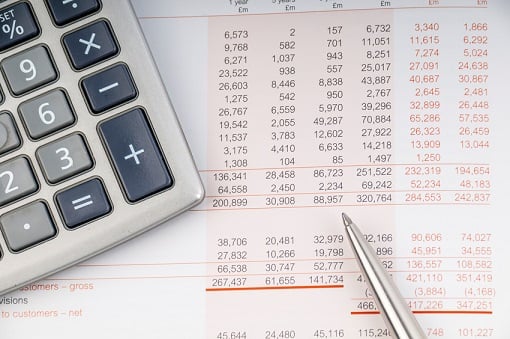American International Group, Inc. (
AIG) is set to use its old losses from the financial crisis to avoid paying years of taxes on profits generated from its
US$5.6 billion Validus buy-out, the group’s chief executive has announced.
The New York-based insurer plans to turn Bermuda-based Validus into a US taxpayer, and in doing so, wipe out AIG’s US tax liability by making the most of rules that let companies offset past losses against future earnings, according to a
Financial Times (FT) report.
The financial crisis was very costly for AIG. Huge losses resulted in the insurer needing a US$185 billion government bailout and left the company with a so-called deferred tax asset (DTA) of about US$20 billion.
“To the extent that they [Validus] make money, that money will be applied against our asset,” Brian Duperreault, president and CEO of AIG, told the FT. “The deal didn’t turn on that, but it’s certainly additive. There’s a tax due, but it’s offset against the tax asset, so there’s no tax paid.”
AIG is able,
by US tax rules, to use its losses to reduce its tax bill for up to 20 years. However, its low post-crisis profitability and return on equity of less than 4% in 2017 (according to Bloomberg estimates) has limited the group’s ability to use the tax break.
A reduced tax bill could give AIG an advantage over other bidders when it comes to mergers and acquisitions (M&A). Duperreault has already nodded towards further “strategic fits” including non-US life and pensions businesses, and insurers of smaller companies in the US.
AIG was not alone in enjoying a tax break after huge crisis-era losses. Big banks like Citigroup and Bank of America were in the same boat, but they have been prevented by post-crisis regulation from making acquisitions that would enable them to exploit the breaks.
After Duperreault took the company reins in 2017, the group retreated from businesses like credit default swaps that were tricky in the financial crisis, and made other efforts to become smaller and simpler. It also repaid the taxpayer for the US$185 billion bailout, all of which led to US officials no longer considering the company a financial threat.
US tax reforms and the
lower corporate tax rate will bring changes for AIG. It’s likely the insurer will have to declare the value of the deferred tax asset on its balance sheet in quarterly results.
Related stories:
AIG lands $5.56 billion cash deal to acquire Validus
MGA offering special bonuses after tax reform bill – challenges others to do same


